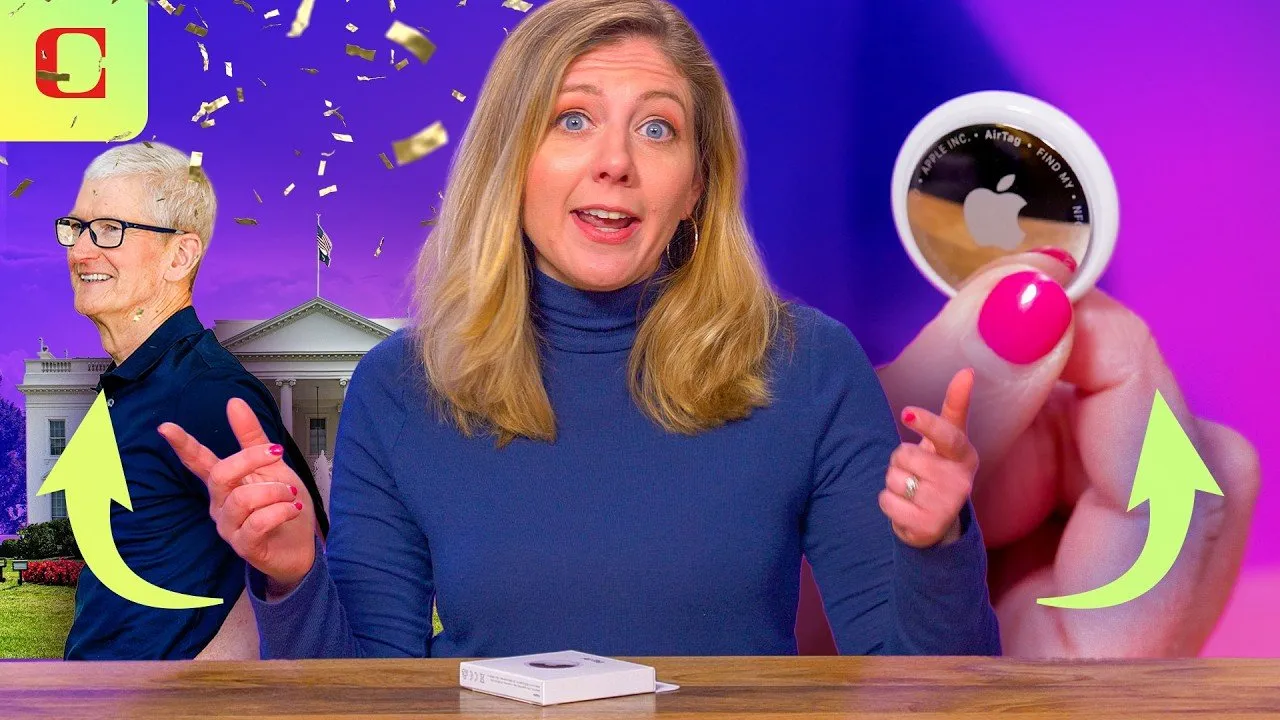Table of Contents
Key Takeaways
- Netflix is actively testing a new, sophisticated search engine powered by artificial intelligence (AI) from OpenAI.
- This new search technology allows users to find TV shows and movies using much more specific, nuanced, and natural language prompts, including searching by mood.
- The feature aims to provide a more intuitive and personalized content discovery experience, going beyond traditional searches by genre, title, or actor.
- Currently, the test is limited to select subscribers on iOS devices in Australia and New Zealand.
- Netflix plans to expand the test to other markets, including the United States, in the near future.
- Unlike typical feature rollouts, this AI search tool requires users to explicitly opt-in to participate in the trial phase.
Introducing Netflix's Next-Generation AI Search Tool
Netflix Inc., the global streaming giant, is venturing further into the realm of artificial intelligence by testing a novel AI-powered search engine designed to revolutionize how subscribers discover content. As reported by Bloomberg and other sources around April 12-15, 2025, this initiative marks a significant expansion of Netflix's use of AI, integrating cutting-edge technology directly into the user search experience.
The core of this new feature is its utilization of technology from OpenAI, the renowned AI research and deployment company famous for models like ChatGPT. This integration allows the search engine to understand and process user queries that are far more detailed and conversational than previously possible. Instead of being limited to simple keywords like genre, actor names, or specific titles, users can now pose more complex and context-rich questions.
This development represents a move towards a more intuitive interaction model. The AI aims to understand the user's intent, even when expressed through subjective criteria like mood or specific situational preferences, and then recommend relevant titles from Netflix's extensive catalogue.
Enhanced Personalization: Searching by Mood and Nuance
The standout capability of this new AI search tool is its ability to handle nuanced inquiries, particularly those related to a user's mood or desired viewing experience. This goes significantly beyond the capabilities of Netflix's current search function and even its well-regarded recommendation algorithm.
While the existing recommendation system relies heavily on analyzing a user's past viewing history to suggest similar content (a form of machine learning Netflix has used for years), the new AI search offers a more proactive and user-directed discovery path. Subscribers can now articulate specific desires, such as:
- Requesting "a heart-warming drama for a rainy day."
- Searching for "a fast-paced thriller with a strong female lead."
- Looking for content based on highly specific thematic combinations or atmospheric descriptions.
By allowing these detailed, natural language prompts, Netflix aims to:
- Enhance Content Discovery: Help users unearth hidden gems or titles perfectly suited to their immediate preferences, which might not surface through traditional Browse or algorithm-based suggestions alone.
- Increase User Control: Give subscribers more agency in navigating the vast library, empowering them to find exactly what they feel like watching at any given moment.
- Improve Personalization: Offer recommendations tailored not just to past behaviour but to current, explicitly stated needs and moods.
This represents a significant step in integrating conversational AI directly into the user interface, making the search process feel more like interacting with a knowledgeable assistant.
Testing Phase and Availability: A Cautious Rollout
Netflix is adopting a measured approach for introducing this advanced AI feature. Key details of the current rollout include:
- Initial Test Markets: The AI search engine is currently in a testing phase, available only to a select group of subscribers in Australia and New Zealand.
- Platform Limitation: During this initial test, the feature is exclusively accessible on iOS devices (iPhones and iPads).
- Planned Expansion: Netflix has confirmed its intention to expand the trial to additional markets soon, explicitly mentioning the United States as a forthcoming region.
- Opt-In Requirement: In a departure from its usual practice of rolling out new features directly, Netflix requires subscribers in the test regions to actively choose (opt-in) to try the AI search tool. This cautious strategy likely reflects the experimental nature of the technology and potentially the ongoing industry discussions and sensitivities surrounding AI implementation.
This opt-in approach allows Netflix to gather focused feedback from users specifically interested in testing the new capabilities while managing expectations and potential concerns during the development phase.
Netflix's Broader AI Strategy and Industry Context
The introduction of this AI search tool fits within Netflix's long-standing use and exploration of artificial intelligence and machine learning. The company is renowned for its sophisticated recommendation algorithm, which uses ML to personalize content suggestions based on viewing history, ratings, time of day, and other factors.
However, this new search feature signifies a move towards leveraging more advanced, generative AI capabilities for user-facing interactions. The company has been openly experimenting with expanding its use of AI, considering applications in internal processes and potentially aspects of filmmaking and production workflows.
Despite embracing AI's potential, Netflix management is keenly aware of the anxieties surrounding the technology within the entertainment industry. Co-Chief Executive Officer Ted Sarandos has publicly addressed the topic, suggesting that AI will serve as a tool to improve and support the creative process rather than replacing key creative personnel. He has offered reassurances that AI is not intended to displace screenwriters, actors, directors, or other essential creative roles.
This stance is crucial in Hollywood, where many professionals and guilds harbor concerns that major studios and streaming platforms like Netflix might use AI primarily to cut costs and reduce jobs, potentially impacting writers, actors, and others involved in content creation. The cautious, opt-in rollout of the AI search feature may also reflect this sensitivity to potential criticism and a desire to navigate the integration of AI thoughtfully.
Potential Impact and Future Outlook
The testing of an OpenAI-powered, mood-based search engine marks an exciting potential evolution for the Netflix user experience. If successful and rolled out more broadly, it could:
- Significantly improve how users find content, making the platform feel more responsive and personalized.
- Help surface lesser-known titles that match specific user requests, increasing the perceived value of the catalogue.
- Set a new standard for search functionality within streaming services.
While Netflix emphasizes that AI won't replace creatives, its continued exploration and integration of advanced AI tools like this search engine underscore the technology's growing importance in the media and entertainment landscape. The Black Mirror reference in one report humorously highlights the sometimes uncanny intersection of technology depicted in fiction and its real-world application by the platforms that stream such content.
As the test progresses and potentially expands, user feedback will be crucial in shaping the final form and function of this AI-driven discovery tool. Its success could pave the way for further integrations of conversational AI within the Netflix interface and potentially influence how other streaming services approach content discovery in the future.








![This Bitcoin Opportunity Will Set Up Many Crypto Traders For Success! [ACT NOW]](/content/images/size/w1304/format/webp/2026/01/bitcoin-short-squeeze-opportunity-100k-target.jpg)